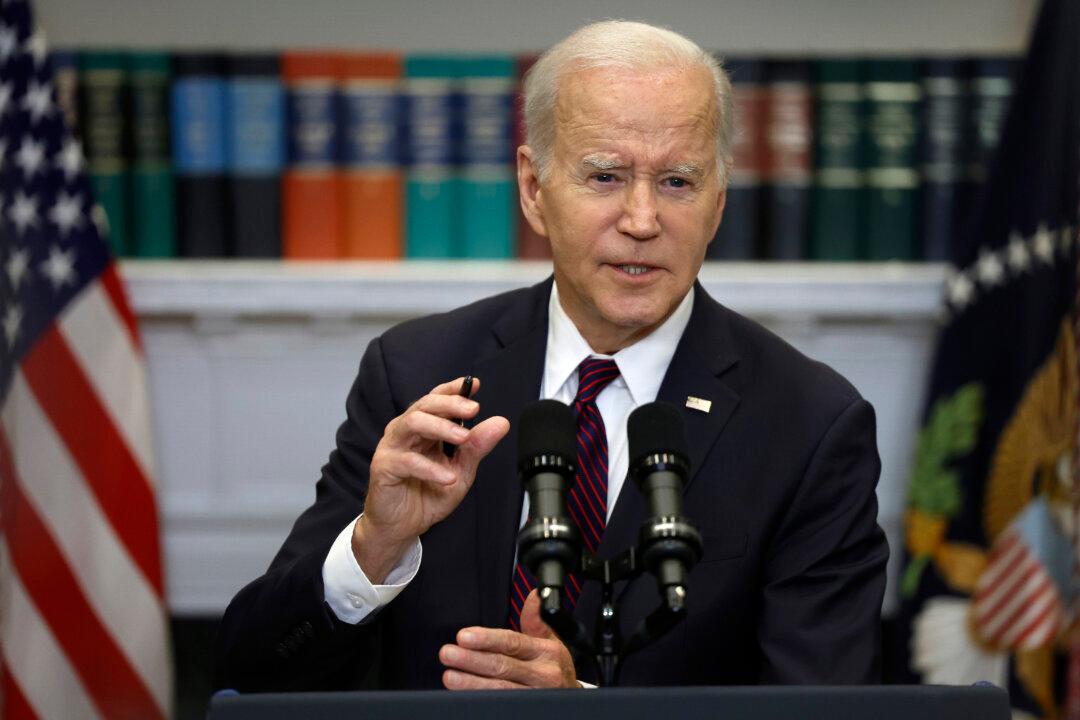President Joe Biden met with congressional leaders on Tuesday following a three-month deadlock between the White House and Congress over the debt ceiling, which has threatened a default on the nation’s financial obligations.
Following the meeting with House Speaker Kevin McCarthy and other congressional leaders, Biden told reporters that the meeting was “productive” and that he would do everything in his power to prevent the United States from defaulting on its debt obligation.





